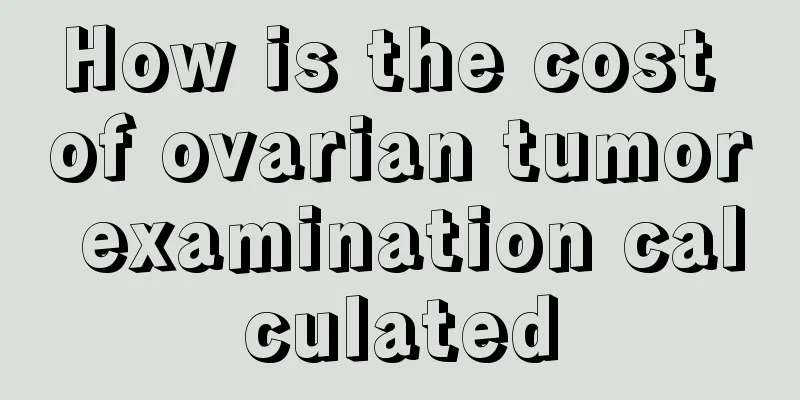What is the best way to treat liver damage

|
The liver is a very important organ for the human body. For example, the human body's metabolism, synthesis of nutrients, detoxification and other activities all require the participation of the liver. And the liver is a solid organ. If it is damaged, it is irreversible. Simply put, there is no cure. But even so, if there is a problem with the liver, treatment should still be considered. So, how to treat liver damage? 1. Provide first aid, keep the airway open, and provide adequate oxygen. Quickly establish two or more intravenous channels to ensure smooth blood and fluid transfusion and avoid insufficient blood perfusion to important organs. When the condition improves and stabilizes, necessary examinations will be performed, and further treatment plans will be made after the diagnosis is confirmed. For patients with severe shock, active surgery can be performed while blood transfusion and fluid replacement are performed to expand the volume. 2. Non-surgical treatment (1) Patients with grade I, II or III hematoma (AAST classification) without active bleeding and hematoma without progressive expansion. For patients with stable hemodynamics, the amount of bleeding should not exceed 600 ml. The symptoms of peritonitis are mild, and the patient is conscious and able to cooperate with the physical examination. There were no combined intra-abdominal injuries. In the above situations, surgical treatment may be temporarily avoided while dynamic monitoring of vital signs, hemoglobin, and abdominal circumference is performed. Patients should rest in bed for more than 2 weeks, receive sedation and pain relief, receive blood transfusions and fluid replacements, prevent infection, and use hemostatic drugs correctly. The choice of antibiotic is based on the bacteria that may be present in the bile. Hemostatic drugs are used in combination with procoagulants and antifibrinolytic drugs, and vasoconstrictors if necessary. Patients with abdominal distension can undergo gastrointestinal decompression to promote recovery of gastrointestinal function and make it easier to absorb the accumulated blood in the abdomen. Selective hepatic artery angiography can be performed for some patients to find the bleeding focus and then perform embolization treatment, which has a good effect. 3. Surgery When patients with liver trauma have obvious intra-abdominal bleeding, peritonitis symptoms, or combined injuries to intra-abdominal organs, laparotomy should be performed while correcting shock. The basic principles of surgery are: 1. Stop bleeding; 2. Ligate the bile duct; 3. Remove necrotic liver tissue; 4. Drainage; 5. Treat associated injuries. Therefore, it is very important to actively treat liver damage. Because if there is a problem with the liver, there will be many complications. The consequences are also quite serious. The above only lists some commonly used treatment options for liver damage, and proper understanding of them can benefit us throughout our lives. |
<<: The dangers of plucking nose hair
>>: What should we pay attention to when practicing yoga?
Recommend
How to treat left renal hamartoma
How to treat left renal hamartoma? Renal hamartom...
What are the symptoms of prostate cancer
Prostate cancer is a malignant tumor, so it is co...
Types of sesame cakes
Shaobing is a delicious and tasty food. People wh...
How to clean a burnt casserole
In the cold winter, people like to use casseroles...
What are the benefits of hot springs
There are many benefits of taking a hot spring ba...
A brief analysis of the treatment methods of the four major skin cancers
Scientific treatments for skin cancer can help pa...
Can prostate cancer cause constipation?
Will prostate cancer cause constipation? Men are ...
Sequelae of lumbar anesthesia for cesarean section_Sequelae of anesthesia for cesarean section
With the development of medical technology, many ...
Brain cancer examination results pictures
How to read the pictures of brain cancer examinat...
How effective is hormonal breast augmentation?
Breast enhancement and weight loss are topics tha...
Can gastrointestinal bleeding heal itself?
The digestive tract is a relatively important par...
Is lung cancer contagious? Here are three things you must know about lung cancer
People's living standards are improving year ...
What to do if you get scalded by soup
As the baby grows, parents need more patience and...
How to wash black hands from peeling walnuts
The green skin of walnuts contains tannic acid, w...
Pain at the base of my right thumb
The nerves in the hands are very developed, so th...









